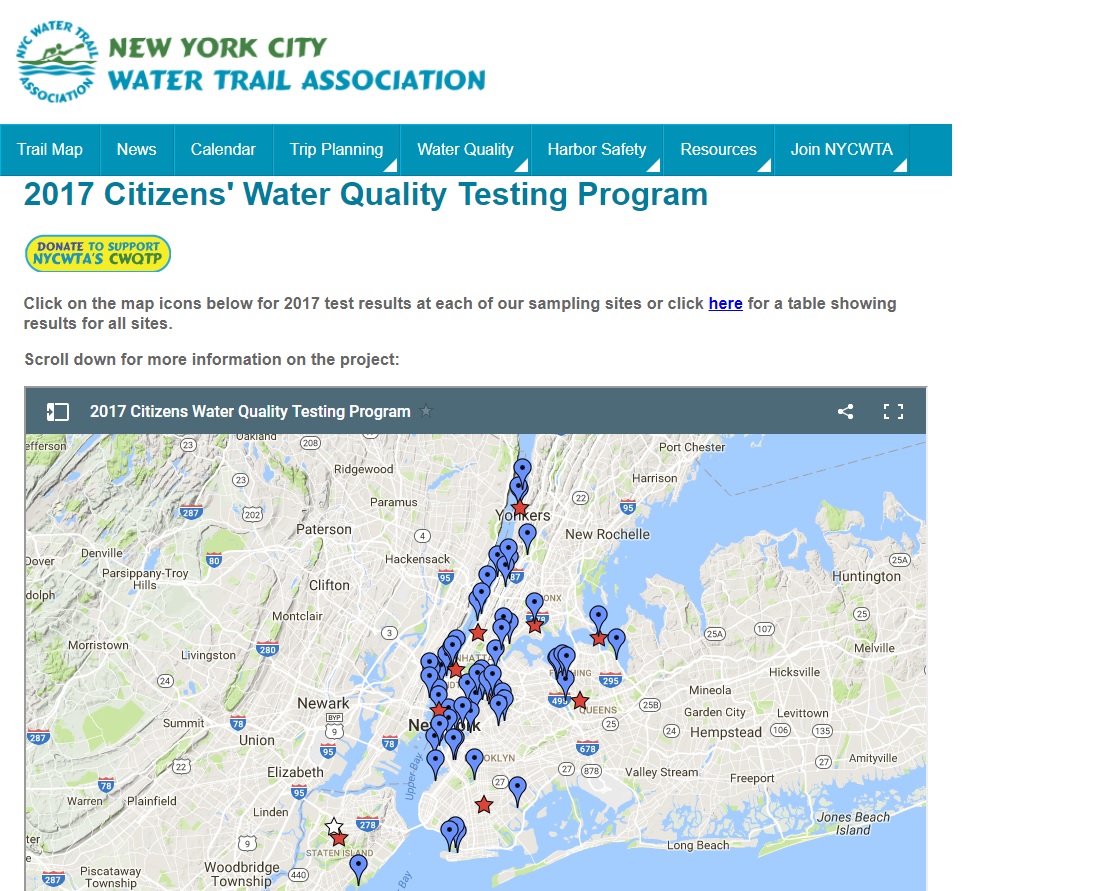Editor’s Choice: This paper points out that there is an oft-overlooked category of people interacting with citizen science projects – people who do not contribute to the data collection, but who nonetheless consume data and information related to the project. The questions are then posed – do these data consumers share the same characteristics as the data producers; and do they actually impact project outcomes? If you have anything to do with project design or management, you will want to read on to find the intriguing answers. – LFF
Abstract: Data collection or generation is the primary way that the majority of volunteers advance the scientific goals of citizen science projects, but other activities such as data consumption also may influence learning, civic, and conservation outcomes. Project designers and managers balance goals for multiple outcomes and thus need to consider the influence of all project-related activities on outcomes. In a study of the kayak-based Citizen’s Water Quality Testing (CWQT) Program in New York City, we compared the characteristics, perceptions, and behaviors of those collecting and using CWQT data (data collectors) and those solely using the data (data consumers). Data collectors (n = 40) and consumers (n = 24) were similar in gender and political orientation, but collectors were younger, devoted more time to the project, and experienced far more face-to-face interactions related to the project. Data collectors and consumers had similar motivations for participation, except that collectors were more likely motivated by recognition for their efforts. Lack of free time was the largest barrier to participation for both types of participants, and a significantly greater barrier for consumers. Data collectors and consumers trusted volunteer-collected data more than government-collected data. Collectors and consumers both recognized multiple scientific, environmental, and social benefits associated with the project, and both were equally likely to use volunteer-collected data for a variety of purposes, such as informing decisions about conservation and recreation. Importantly, both groups were equally likely to undertake a suite of conservation behaviors. We synthesize and expand current conceptual frameworks of citizen science participation and outcomes, highlighting the need for further study to understand mechanisms and linkages between the varied activities of citizen science projects and broader social and ecological impacts. To achieve conservation goals, project managers should broaden the definition of participant to include those carrying out activities other than data collection (such as data use) and explicitly manage for potential benefits derived by consumers of citizen science.

Homepage for Citizens’ Water Quality Testing Program, by New York City Water Trail Association
Source: Cooper, C.B. et al., (2017). Contrasting the Views and Actions of Data Collectors and Data Consumers in a Volunteer Water Quality Monitoring Project: Implications for Project Design and Management. Citizen Science: Theory and Practice. 2(1), p.8. DOI: http://doi.org/10.5334/cstp.82